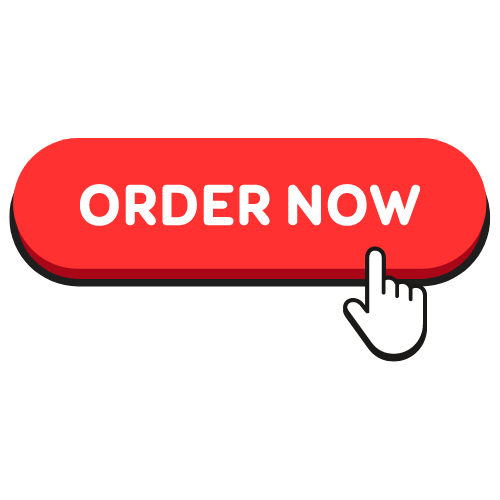Effects of Social Media on Mental Health and Well-Being
Social media connects people and offers venues for communication, self-expression, and community involvement. It has become an essential element of modern life. However, widespread usage of social media also has several intricate consequences for general well-being and mental health. This paper examines the effects of social media on mental health, both good and bad, and emphasizes how crucial it is to comprehend these dynamics in the digital era.
Effects of Social Media on Mental Health
Positive Impacts:
1. Social Connection:
Social media serves as a virtual space for individuals to connect with friends, family, and communities. It can alleviate feelings of isolation, providing a sense of belonging and social support, especially for those who may be physically distant from their loved ones.
2. Information and Awareness:
Social media platforms are valuable sources of information and awareness. They provide access to mental health resources, support groups, and awareness campaigns, contributing to a broader understanding of mental health issues and reducing stigmas.
3. Expression and Creativity:
Individuals use social media as a creative outlet for self-expression. Sharing personal experiences, artistic endeavors, and accomplishments can boost self-esteem and provide a positive space for showcasing talents and interests.
4. Community Building:
Social media facilitates the creation of online communities centered around shared interests or challenges. These communities offer a sense of camaraderie, allowing individuals to connect with others who share similar experiences and concerns.
Negative Impacts:
1. Social Comparison and Envy:
The constant stream of curated content on social media can lead to social comparison and feelings of inadequacy. Comparing one’s life to the highlight reels of others may contribute to envy and negatively impact self-esteem.
2. Cyberbullying and Harassment:
Online platforms are not immune to negative behaviors such as cyberbullying and harassment. The anonymity provided by social media can embolden individuals to engage in harmful actions, leading to significant mental health consequences for the victims.
3. Fear of Missing Out (FOMO):
Social media often portrays idealized versions of others’ lives, contributing to the fear of missing out (FOMO). Individuals may feel anxious or left out when exposed to events or experiences they perceive as unattainable.
4. Digital Addiction and Distraction:
Excessive use of social media can contribute to digital addiction, where individuals find it challenging to disconnect. The constant barrage of notifications and the need for validation through likes and comments can lead to distraction and negatively impact productivity.
Balancing Well-Being:
1. Mindful Consumption:
Practicing mindful consumption of social media involves being aware of the content being consumed and its impact on emotions. Setting limits on daily usage can help prevent negative feelings associated with excessive social media exposure.
2. Digital Detox:
Periodic digital detoxes, where individuals intentionally disconnect from social media, can provide a mental health reset. Taking breaks from online platforms allows for more meaningful offline interactions and reduces the potential negative effects of constant digital engagement.
3. Healthy Boundaries:
Establishing healthy boundaries in terms of sharing personal information and setting limits on interaction time is crucial. Creating a balance between online and offline life promotes mental well-being.
4. Seeking Professional Support:
Individuals experiencing mental health challenges exacerbated by social media should not hesitate to seek professional support. Mental health professionals can provide guidance, coping strategies, and intervention when needed.
Conclusion:
Social media has a wide range of consequences on mental health, both beneficial and detrimental. Social media presents problems like social comparison, cyberbullying, and digital addiction in addition to possibilities for communication, self-expression, and connection. In the digital era, it is essential to comprehend these dynamics and implement conscious consumption and healthy boundary-setting practices. When social media is handled carefully, it may improve people’s lives by building relationships and giving them a forum for constructive expression and community involvement.

